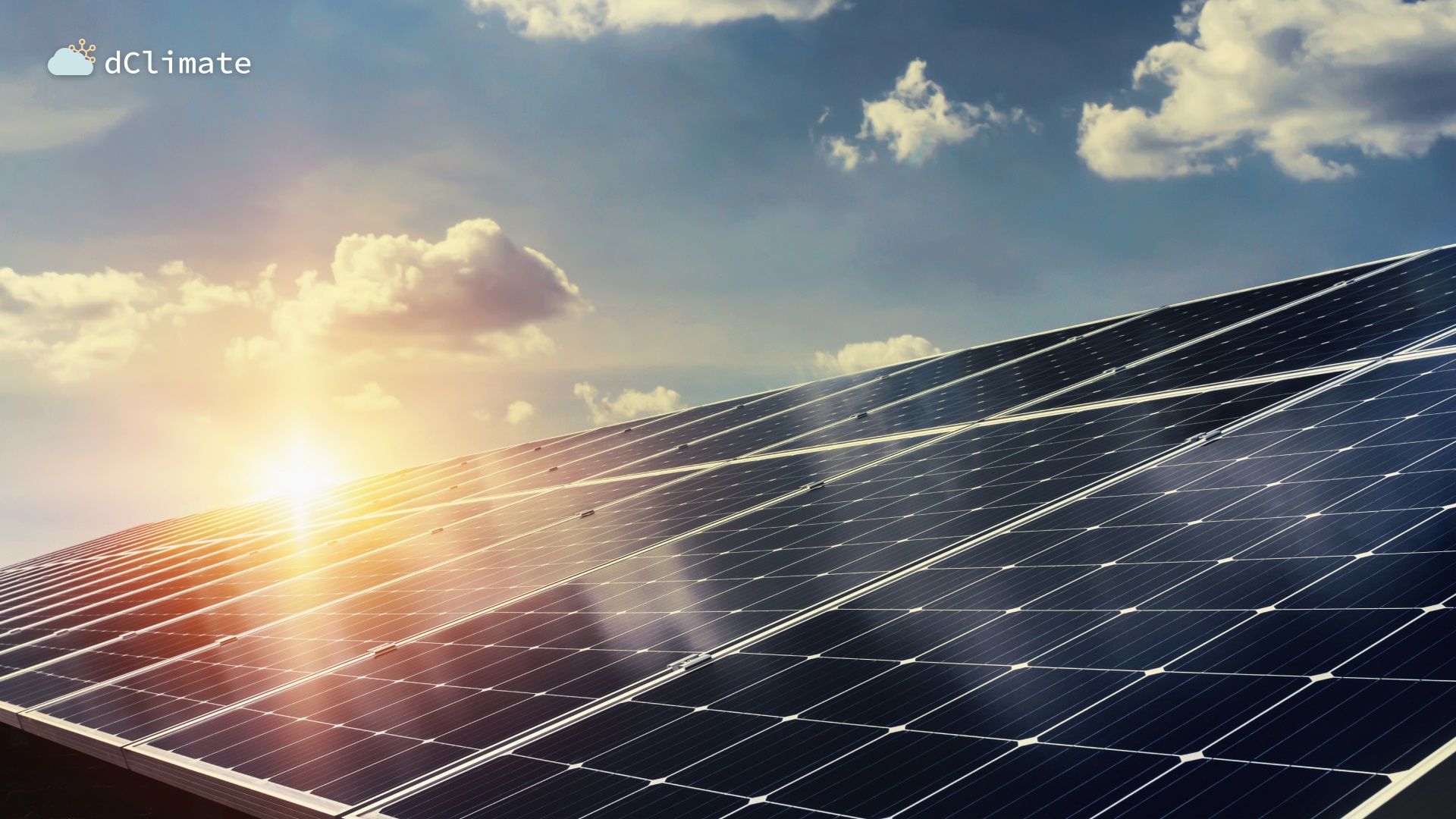How the DeFi and ReFi Economy Can End Greenwashing in the Voluntary Carbon Offset Markets

Despite the increased popularity and hype surrounding the voluntary carbon offset industry and the concept of cap-and-trade systems, the current framework leaves much to be desired. Problems such as carbon leakage, additionality, poor pricing, and the lack of carbon sequestration projects are holding the industry back and must be taken into consideration by key players in the industry.
Carbon Leakage
Carbon leakage occurs with asymmetrical carbon sequestration activity (like planting trees). This affects industries, investments, and leads to emissions not being diminished, but displaced. This can have a drastic effect on local economies and it is vital that sequestration/prevention efforts are located in the same region emissions are released. When it comes to deforestation, many projects will simply force loggers to change the place where trees are cut down, transferring the emissions from one place to another, therefore not offsetting any emissions.
Additionality
Additionality is the concept regarding greenhouse gas (GHG) reductions already being implemented. If a solar farm is already functioning and an emitter were to buy offsets from this project in lieu of decreasing their own emissions, there is no true offsetting of emissions (since the reductions were already occurring). One main issue with additionality in today’s marketplace is that it is extremely challenging to assess. Many companies use a standardized method tool for determining additionality, but this is not the case for all registries. Some projects have even received criticism because landowners don’t even know that the project is generating credits. There is no single, clear market agreement for how to calculate the baseline which a project’s impact gets measured and this lack of clarity has been a major issue in the carbon offset space.
Poor Pricing of Credits
Even though companies and countries across the globe are purchasing carbon offsets and credits from a variety of exchanges and registries, the poor pricing of carbon is a constant issue in this space. There is a gap between the average price of carbon, which is roughly $5, and what the social cost of carbon is, which is an estimate of the economic costs for emitting one ton of carbon dioxide. The Biden Administration priced the social cost of carbon at $51. The gap between the actual price of carbon and what it should be has been prevalent for quite some time. A 2018 Organisation for Economic Co-operation and Development (OECD) study identified a gap of 81% percent between real climate costs and carbon price within a group of 44 OECD and G20 countries.
Lack of Carbon Removal
34% of the voluntary carbon market consists of renewable energy projects. These projects focus on preventing carbon from reaching the atmosphere rather than removing it. This can only be done through projects that sequester carbon such as avoiding deforestation, afforestation/reforestation, and carbon capture & storage projects. Avoided deforestation projects take up only 32% of the existing marketplace, but this needs to increase substantially according to the IPCC to limit warming to 1.5°C.
Emitting entities that purchase these offsets often publicize their investments while misleading the public on the price of the offset, where the project is, and exactly how much carbon they are preventing/sequestering from the atmosphere. This is called greenwashing and it is vital for the growth of voluntary offsets that this process becomes more transparent. This will not only prevent false advertising from those who purchase poorly priced offsets but incentivize more parties to buy offsets backed by publicly verifiable carbon data.
Blockchain Enabled Solutions
Blockchain and the DeFi/ReFi economy has a big role to play in bringing transparency, scale, and accountability to this marketplace. The ultimate aim of building transparent, blockchain-powered carbon registries within the DeFi economy is to create a transparent and data-driven mechanism for ensuring carbon is priced properly and entities are offsetting the emissions they should be.
This is where dClimate can help. dClimate is working to transform this industry alongside fellow partners, stakeholders, and community leaders in the regenerative finance (ReFi) ecosystem. dClimate is bringing everything on-chain through the use of Carbon SaaS (sequestration as a service). Creating an immutable ledger will allow for complete transparency in this space and enable anyone seeking this information to track the areas that sequester and emit carbon. As long as we focus on offsetting the entirety of an entity’s carbon footprint and pricing carbon accurately, we can protect our environment while plugging into the greater DeFi economy.

